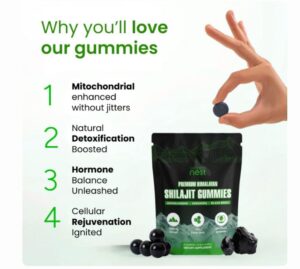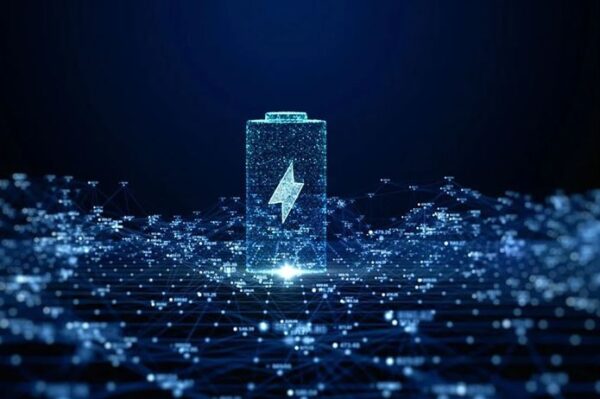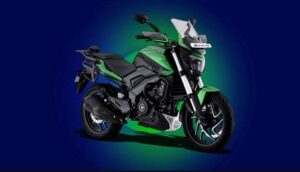The new type of water battery is expected to change the face of the future electric vehicle industry.
SCMP quoted sources saying that a group of Chinese scientists have developed a new battery technology called “water battery”, or officially known as metal-ion water battery. The special thing about this type of battery is that it has almost twice the energy density of traditional lithium batteries, which means that it has great potential for future technologies, such as electric vehicles.
It is known that, according to a research article published in the journal Nature Energy on April 23, iodine and bromine-based water batteries have an energy density of 1200 watt-hours per liter (Wh/L) compared to 700Wh/L of lithium batteries. .
Results published by a research team from the Chinese Academy of Sciences (CAS). They say their water batteries are also safer than waterless lithium batteries – which are “highly flammable”.
The researchers assess that the new battery is stable and shows promising potential for developing next-generation rechargeable, safe, and high-energy-density water batteries.
Li Xianfeng, a professor at CAS Dalian Institute of Chemical Physics and corresponding author of the study, said their findings “can expand the applications of water batteries in the field of electric batteries.”
Currently, lithium batteries are the standard used worldwide because of their high energy density. Research says traditional lithium batteries contain a non-aqueous electrolyte – a component that allows the battery to charge and discharge but is also flammable.
Water batteries are made up of water-based electrolytes, so they pose no safety risks.
However, the research team said that water batteries typically have much lower energy density than non-aqueous batteries at less than 200Wh/L.
The lower energy density at small scales makes water batteries “only suitable for large-scale stationary energy storage,” the researchers said.
To solve this problem, the team developed a bromine- and iodine-based electrolyte that can overcome these energy density problems.
When assembled into a battery with a cadmium anode, they found the battery “lasted continuously for more than 300 charge and discharge cycles” with an energy efficiency of 78%.
When the researchers tested their electrolyte with a vanadium-based anode, they found the battery life span could last up to 1,000 cycles, “demonstrating remarkable stability.” The researchers note that the energy density of their battery even “exceeds the energy density of some solid electrode materials” and could be comparable in cost to traditional lithium batteries.
The article said: “Our research demonstrates the feasibility and safety of water batteries with high energy density, which offers the potential for development, grid-scale energy storage and even even electric cars”.











